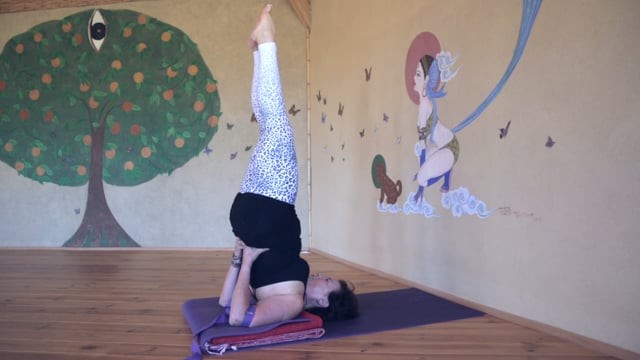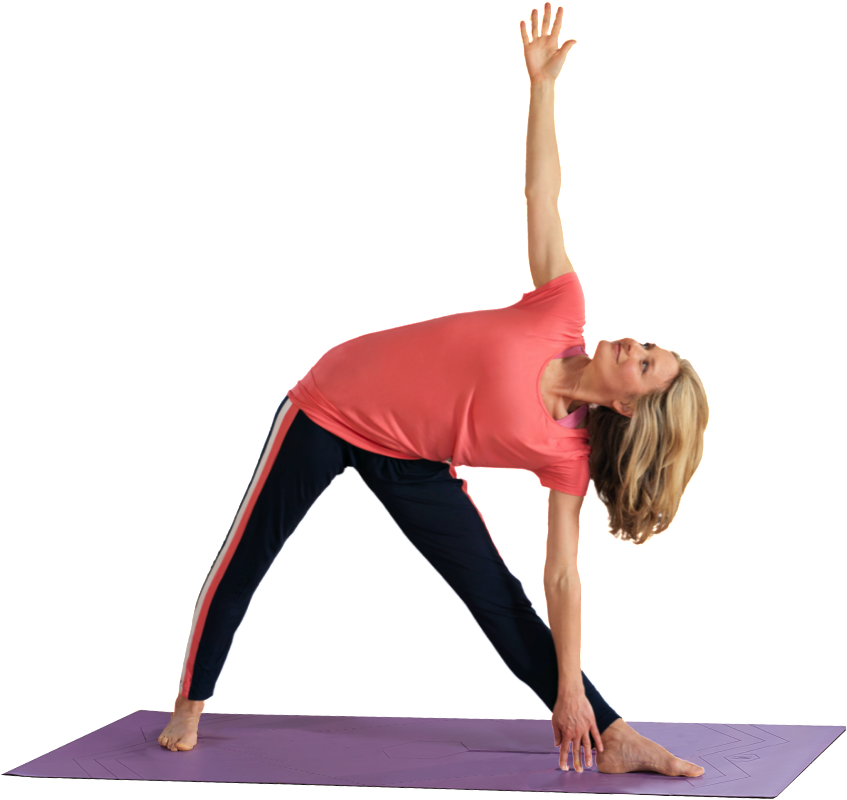All Levels › Under 10 mins › Vidya Heisel
-
 10:25
10:25Handstand Tutorial for Beginners
This yoga tutorial works on the different stages and how to approach a handstand, and is great if you've never tried handstand before. Work on long holds in downward facing dog and plank to build strength, then work on progressing to handstand with this class! You will need your mat by a wall.
-
 08:13
08:13Shoulder Stand Tutorial
A shoulder stand tutorial which works through the preparations to build up to this inversion. If you're not quite ready for a shoulder stand, use this class to find suitable alternatives and learn how to grow your strength and confidence. You may want to place your mat by and will need a blanket.
-
 08:50
08:50The Sixth Limb: Dharana
Patanjali's sixth limb of yoga is Dharana, which means concentration. This limb is all about refining your ability to focus and concentrate, so your mind doesn't wander and resist the practice.
-
 07:02
07:02The Second Niyama: Santosha
The second Niyama is Santosha, which means contentment. We can look at this Niyama in a couple of ways; to practice contentment with who we are and what we have, and to practice the Yama of Aparigraha, or freedom from greed.
-
 09:43
09:43The Fifth Yama: Aparigraha
The fifth and final Yama is Aparigraha, which means 'freedom from greed'. This is one of the key tenants of Buddhism; that we are suffering because we are full of desire. Our ego is always needing or craving something, but our true self is already whole. More things does not necessarily fulfil that hole inside of us!
-
 09:47
09:47The Fourth Niyama: Svadyaya
The fourth Nimaya is Svadyaya, or study. Traditional it relates to the study of the scriptures which resonate with you. But it also means self-study; contemplating ones own mind, motivations and human nature.
-
 08:12
08:12The Third Yama: Asteya
The third Yama is Asteya, which is non-stealing. This means we should not be taking for oneself other people's time, objects and ideas. Vidya also explores the idea of not coveting what others have and being dissatisfied with what you do have, and how we can practice the opposite of that.
Join the Wellbeing Revolution
This is your yoga, your way.
Build a happier, healthier, more sustainable life.
